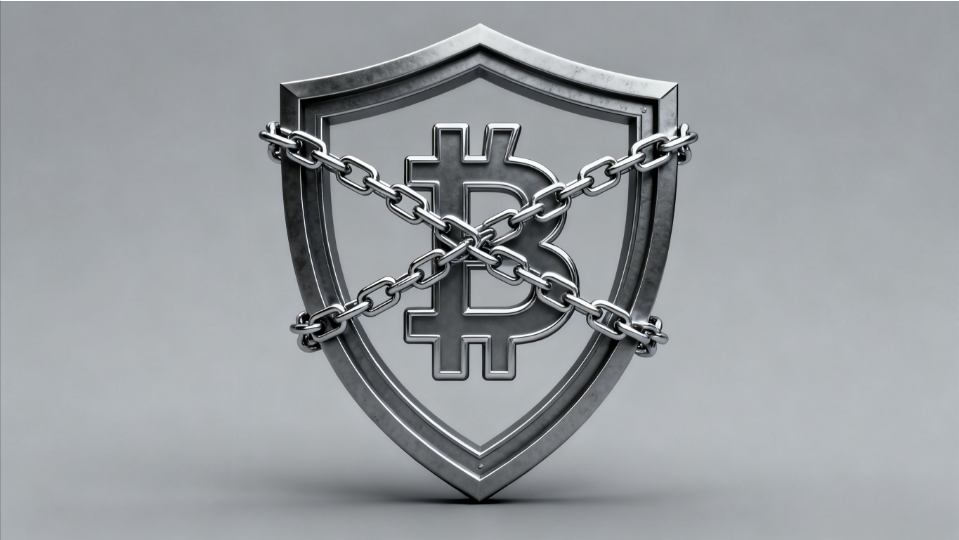
Recently, the Financial Intelligence Unit (FIU) of South Korea's Financial Services Commission imposed a fine of 35.2 billion won (approximately $24.35 million) on Dunamu, the operator of the well-known cryptocurrency exchange Upbit. This move signifies a further intensification of regulatory efforts by South Korean financial authorities in the virtual asset sector. This penalty is not an isolated incident but a follow-up measure after Dunamu's executives and employees were suspended for three months and subjected to disciplinary action on February 25 this year, demonstrating the regulatory authorities' high regard for compliance issues and their continuous follow-up.
Background and Reasons for the Penalty
The FIU's penalty decision was primarily based on Dunamu's violations of multiple provisions of the "Specific Financial Information Act." Specific violations included: engaging in transactions with unregistered virtual asset operators, failing to perform customer due diligence obligations, not implementing necessary transaction restriction measures, and failing to report suspicious transactions in a timely manner. These actions not only exposed loopholes in Dunamu's internal risk control and compliance management but also potentially provided opportunities for illegal activities such as money laundering and fraud, posing a latent threat to the stability of the financial system and consumer rights.
As one of the countries with active virtual asset trading globally, South Korea has continuously strengthened relevant legislation and supervision in recent years. The revision and implementation of the "Specific Financial Information Act" aim to reinforce the obligations of virtual asset service providers and ensure their compliance with Anti-Money Laundering (AML) and Combating the Financing of Terrorism (CFT) standards. The Dunamu case is a typical enforcement action under this legal framework, highlighting the regulatory authorities' "zero-tolerance" attitude toward violations.
Industry Impact and Regulatory Trends
This substantial fine not only directly affects Dunamu's operations but may also have a profound impact on the entire virtual asset industry. On one hand, it sends a clear signal to other exchanges and operators: any behavior that neglects compliance requirements will face severe penalties. On the other hand, it may accelerate industry consolidation, prompting companies to strengthen internal governance and risk control, thereby enhancing the overall market's transparency and security.
It is worth noting that Dunamu stated it "accepts the decision" after the penalty was announced. This attitude may reflect the company's desire to quickly quell the turmoil and rebuild its compliance image. However, this incident has also sparked public discussion about the effectiveness of virtual asset regulation. With the rapid development of the cryptocurrency market, how to balance innovation and regulation while protecting investor interests has become a common challenge for regulatory authorities worldwide. The decisive action taken by South Korea's FIU may serve as a reference for other countries and regions.
Future Prospects and Recommendations
For virtual asset operators, this incident is undoubtedly a wake-up call. Companies must fundamentally prioritize compliance construction, including improving customer identity verification systems, strengthening transaction monitoring mechanisms, and establishing processes for quickly responding to suspicious transactions. At the same time, regulatory authorities should continue to optimize the legal framework and help companies enhance their compliance levels through regular inspections and training.
In summary, the fine imposed by South Korea's FIU on Dunamu is not just a case handling but also a reflection of the normalization and standardization of virtual asset regulation. In today's rapidly developing digital economy, only through strict supervision and corporate self-discipline can a safe and reliable financial environment be built, promoting the long-term healthy development of the virtual asset industry. In the future, with the deepening of global regulatory cooperation, similar enforcement actions may become more frequent, and the virtual asset market is expected to move toward a more orderly track.
















